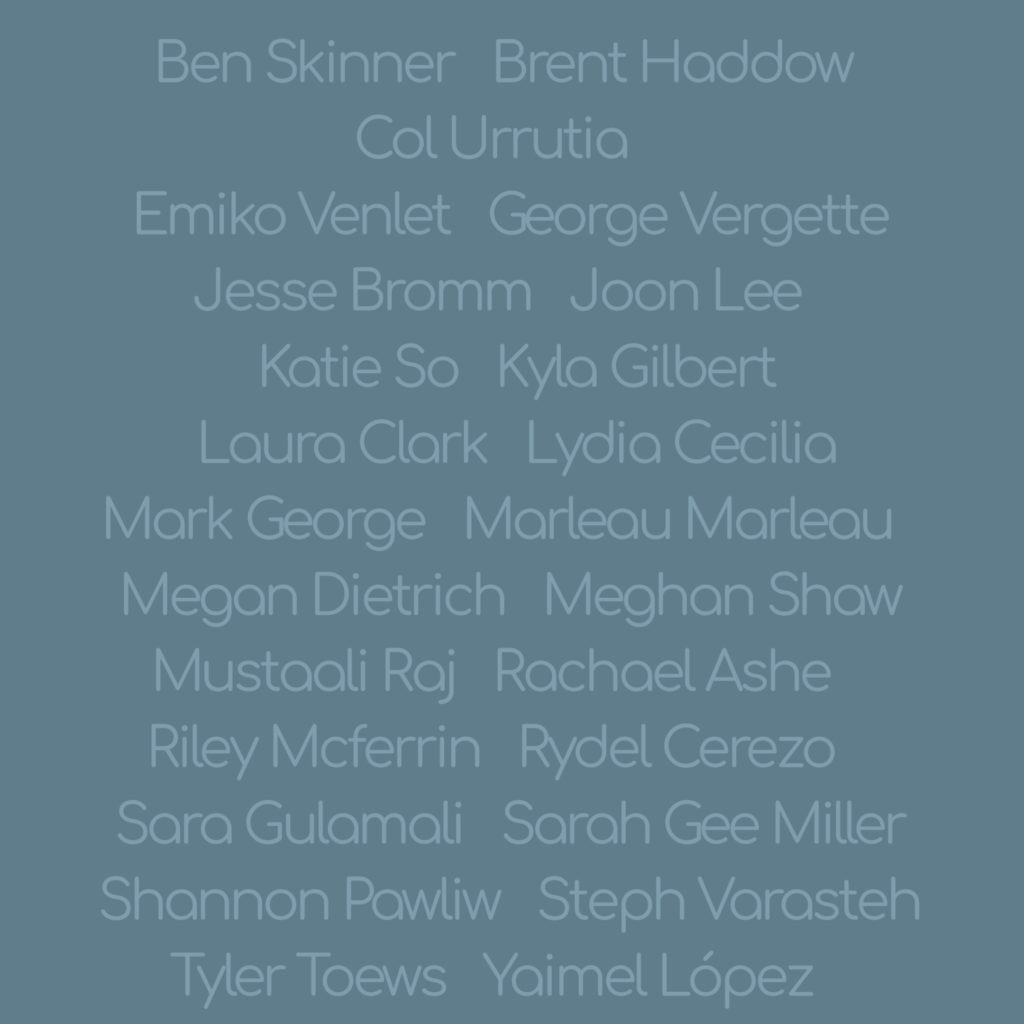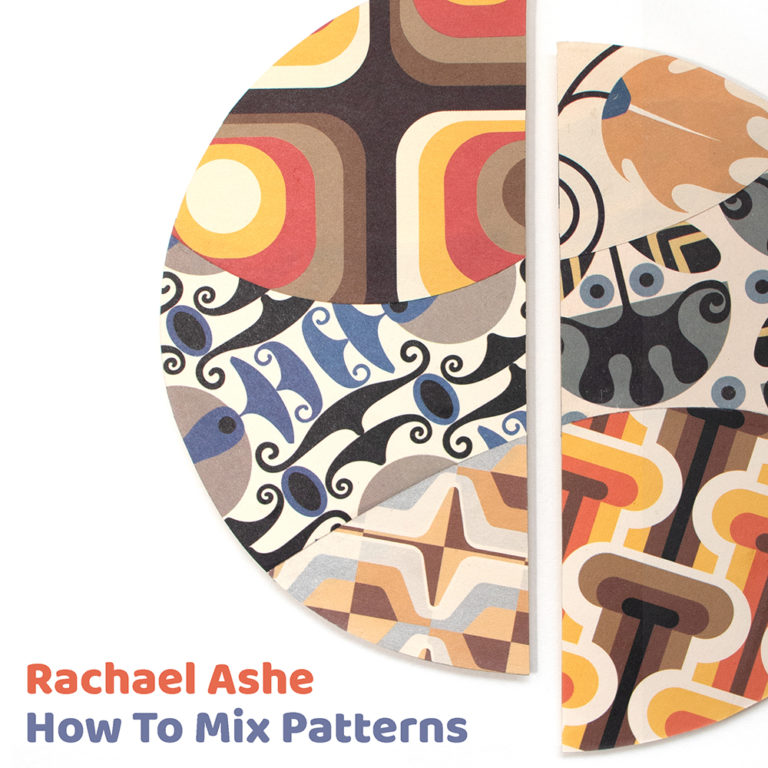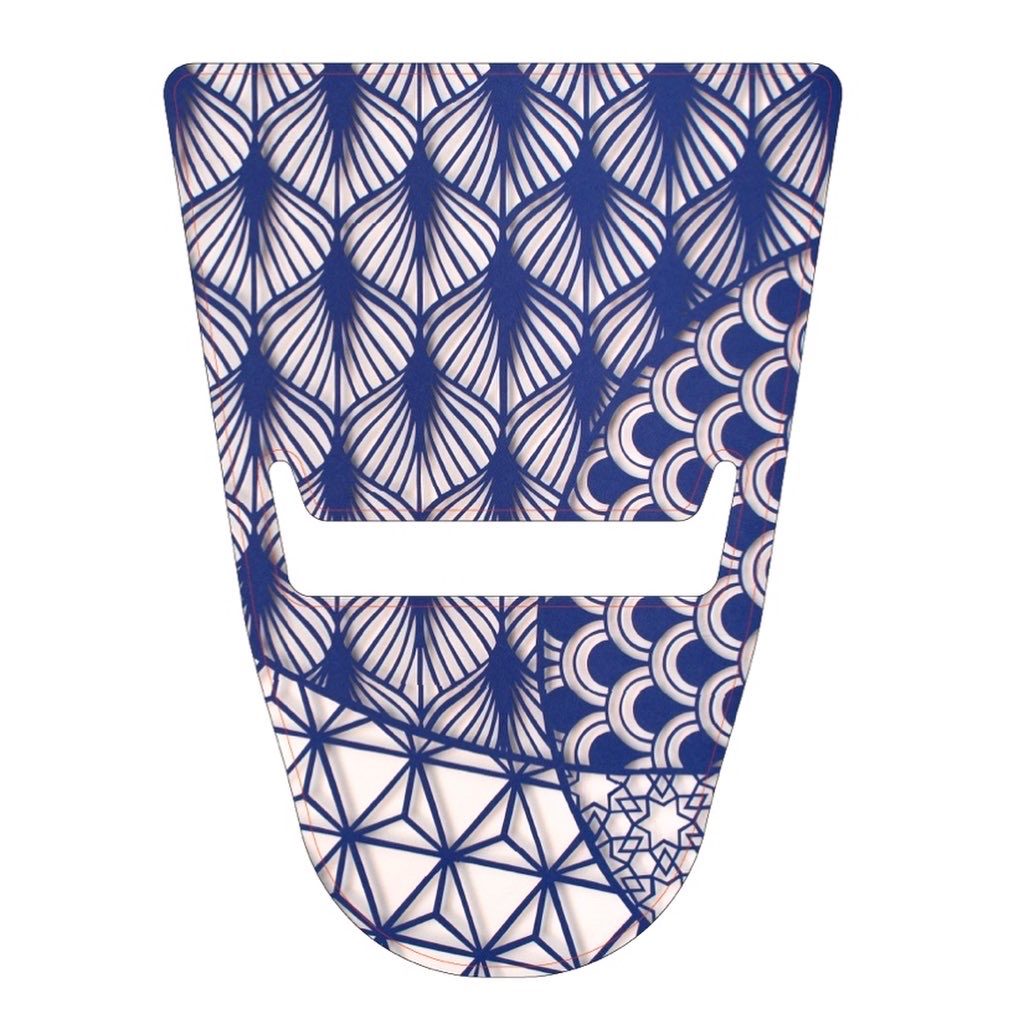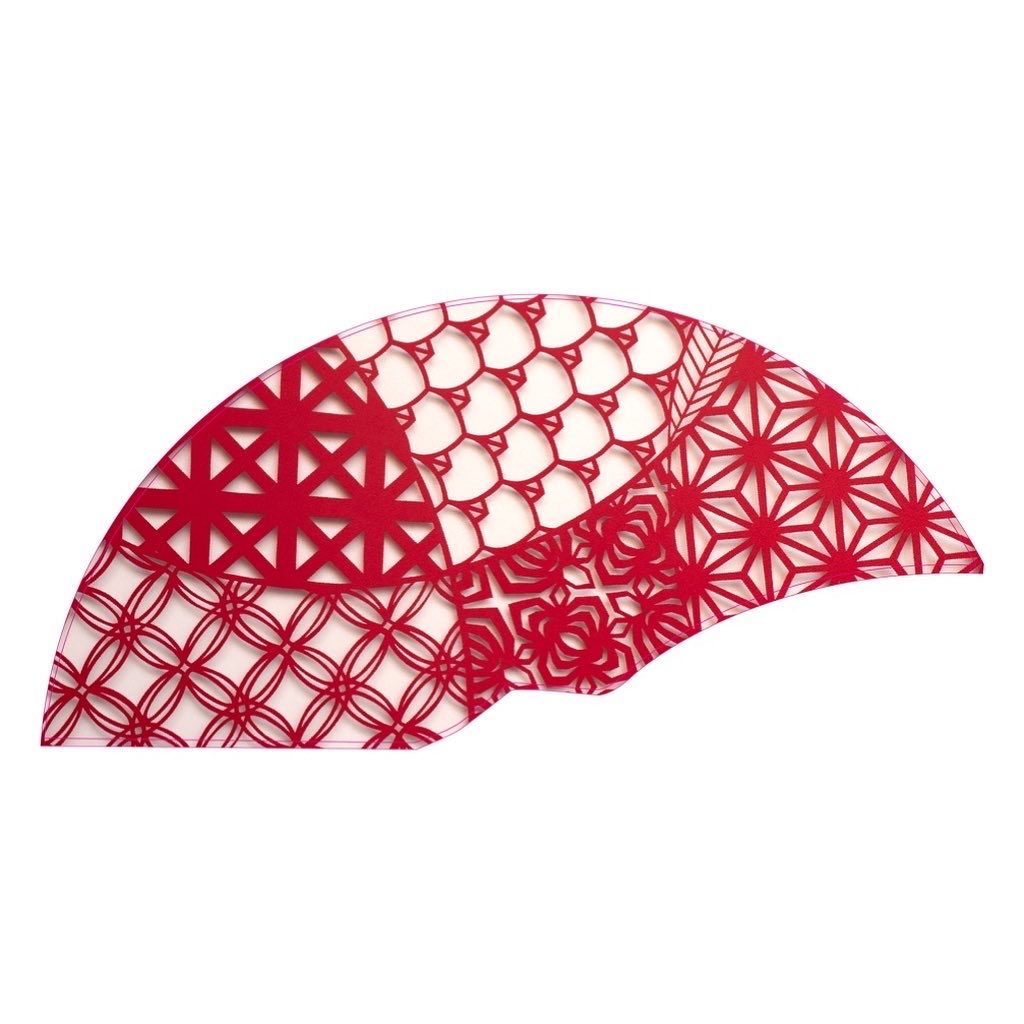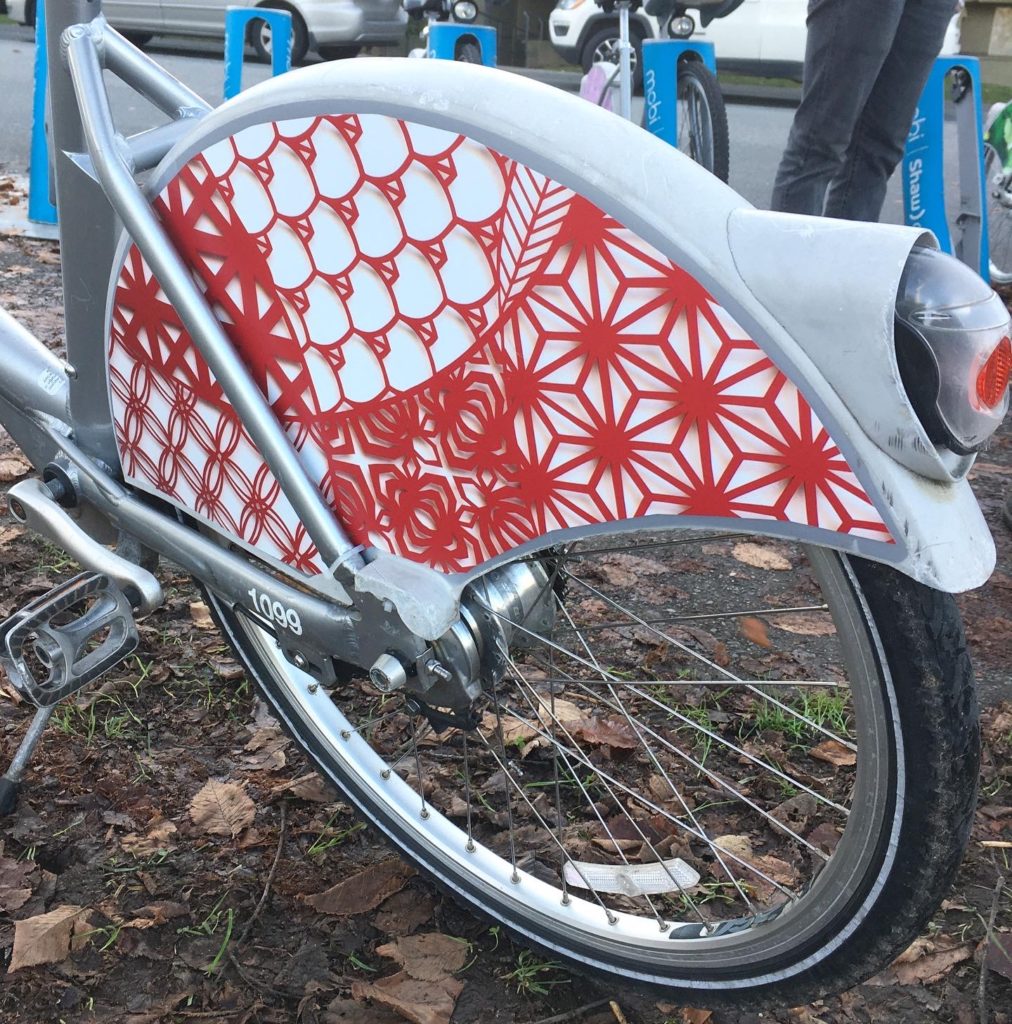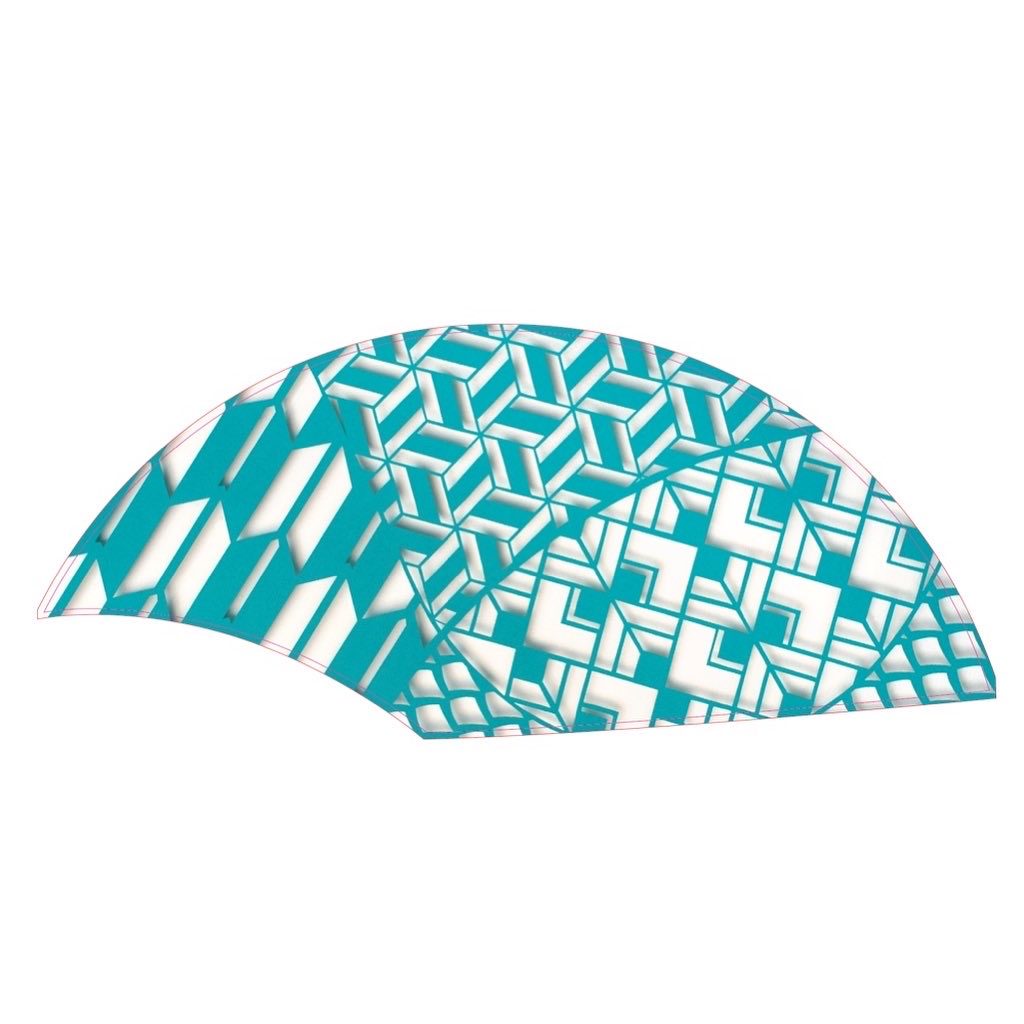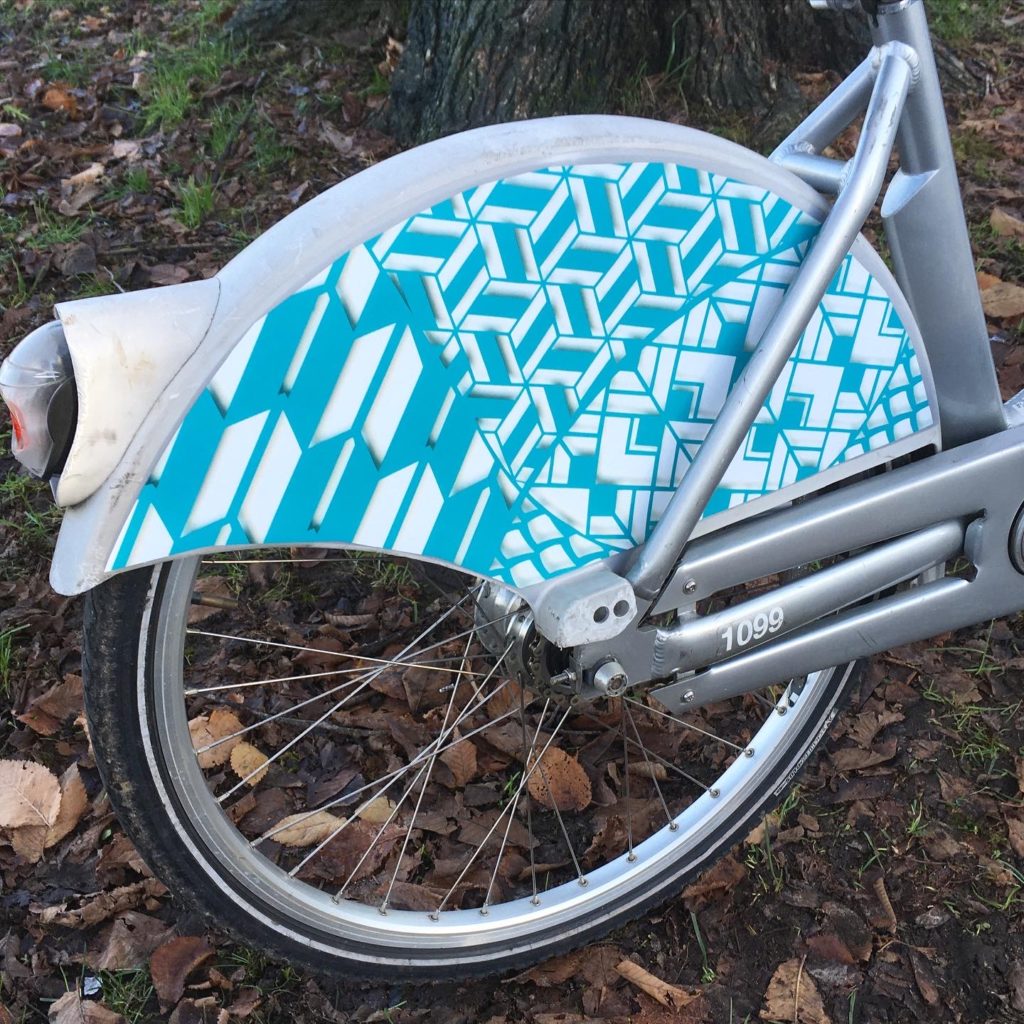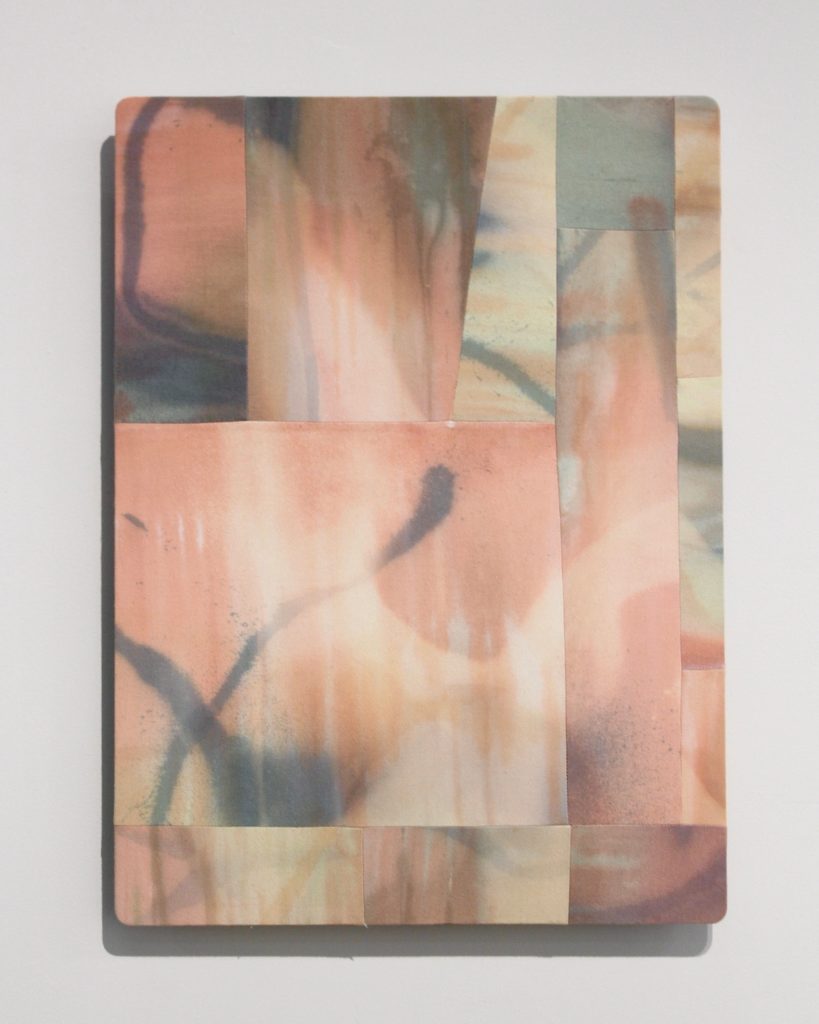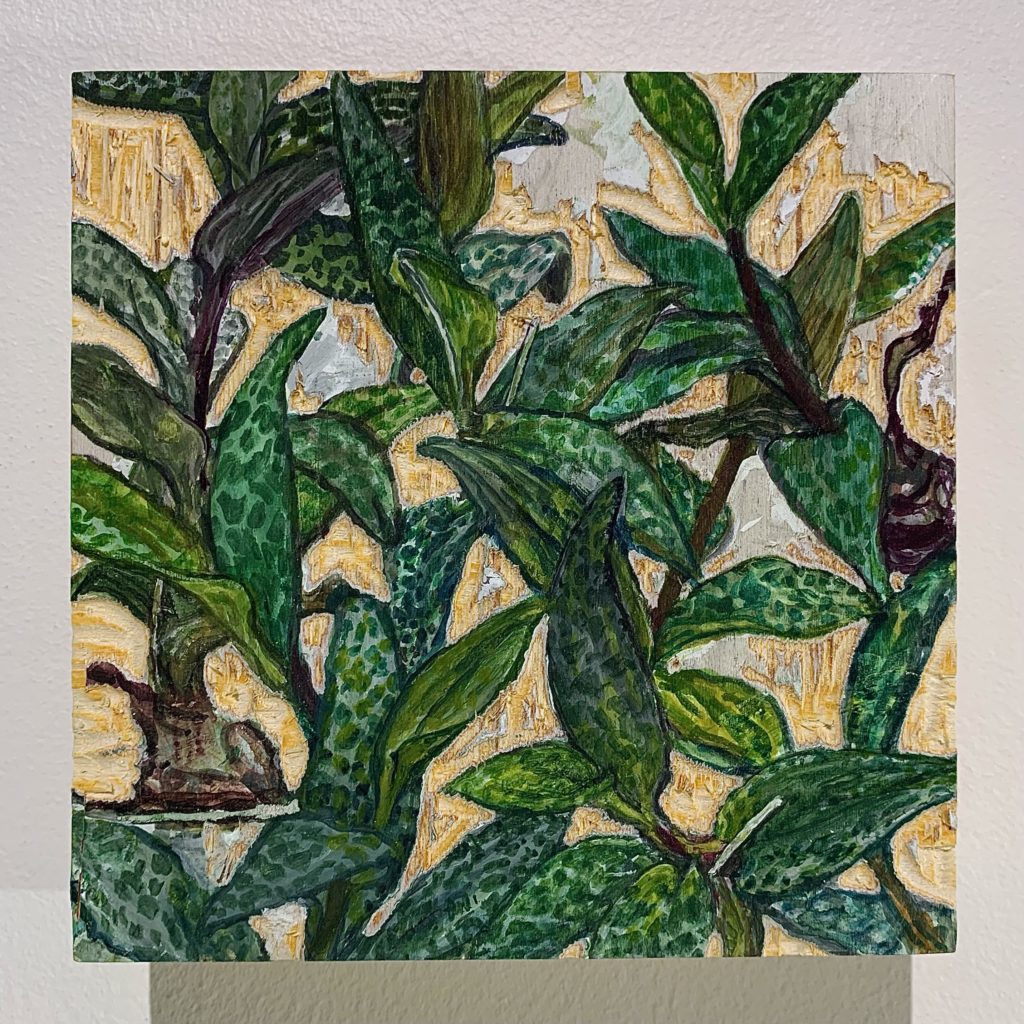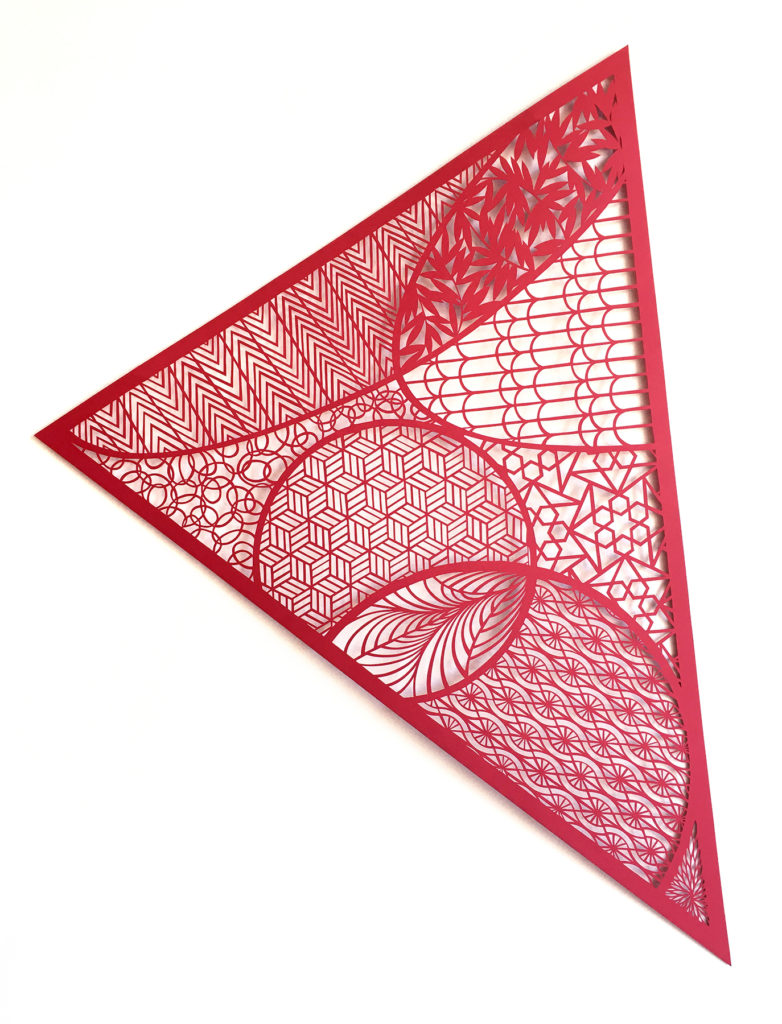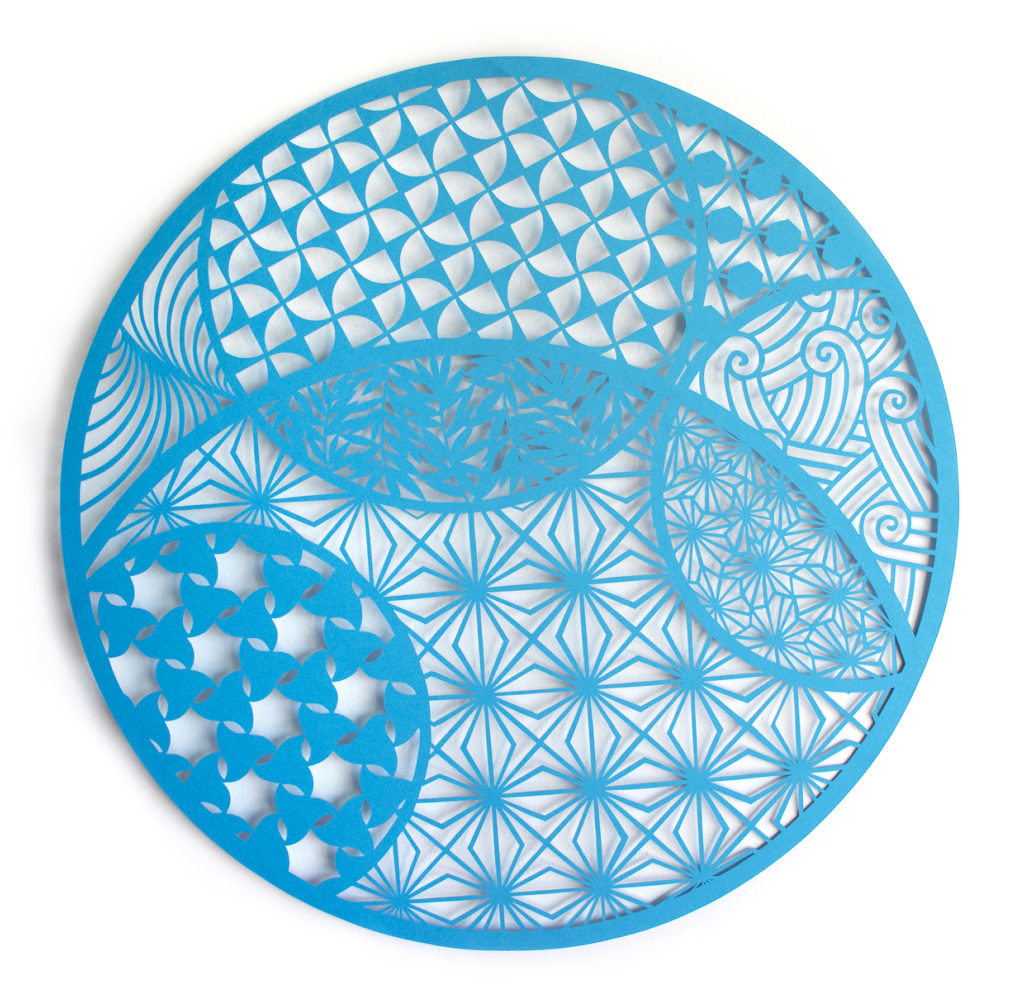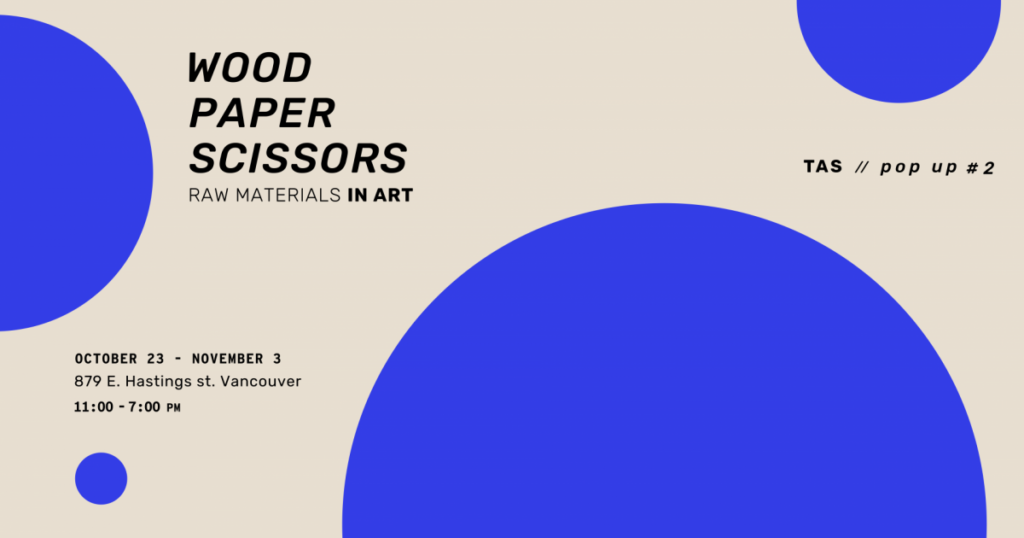I was inspired by the National Day for Truth and Reconciliation to pull together a reading list of books by Indigenous Canadian authors. These are a mix of non-fiction and fiction books I’ve read over the past three or four years, that are important books to read in coming to an understanding of the lived experience of Indigenous people, the continued effects of Residential School, and intergenerational trauma.
If you’re afraid to read about the hard emotional stuff that other people have gone through, please push past it. It was harder for them to live it than it is for you to read it. Indigenous people need our empathy and understanding in order for all of us to move forward.
Five Little Indians, by Michelle Good – Tells the story of five children and their cruel experiences of Indian Residential school, and the ripple affects in their lives after they leave.
Noopiming: The Cure for White Ladies, by Leanne Betasamosake Simpson – a beautifully written non-narrative story combining Indigenous mythology in the modern world. It’s a striking and unusual book.
Braiding Sweetgrass, by Robin Wall Kimmerer – This book was a huge hit in 2020 for the beautiful writing about the natural world through the dual lenses of science and Indigenous knowledge.
A Mind Spread Out on the Ground, by Alicia Elliott – An intimate autobiography sharing the authors experiences of growing up severely underprivileged, experiencing intergenerational trauma, struggling with mental illness, and finding her own voice through writing.
Empire of Wild, by Cherie Dimaline – A terrific work of fiction centred around the Métis story of the Rogarou, a were-wolf like creature of legend. A woman’s search for her missing husband, who mysteriously disappeared for over a year, and his sudden reappearance in an unexpected place.
This Place: 150 Years Retold, by multiple authors & Illustrators – a graphic novel anthology exploring the last 150 years (published at the time of Canada’s 150 anniversary) from the perspective of Indigenous peoples under the thumb of colonialism. There’s now also a podcast called, This Place, based on the graphic novel.
Split Tooth, by Tanya Tagaq – The book moves between fiction and memoir, myth and reality, poetry and prose, and conjures a hauntingly beautiful arctic world. A strange and unusual book by Inuk musician and throat singer, Tanya Tagaq.
The Break, by Katherena Vermette – A family saga told from multiple perspectives, and centred around the witnessing of a violent crime. It explores intergenerational trauma, and the relationships between three generations of women of the same family.
21 Things You May Not Know About the Indian Act, by Bob Joseph – The title is pretty self-explanatory. Definitely read this if you want to understand more about how the Indian Act has effected the lives of Indigenous Canadians.
The Inconvenient Indian, by Thomas King – This book is at once a “history” and the complete subversion of a history—in short, a critical and personal meditation that the remarkable Thomas King has conducted over the past 50 years about what it means to be “Indian” in North America. (This is an excerpt from the summary on Good Reads).
Nishga, by Jordan Abel – A moving work of art exploring identity, that tells the story of Abel’s lived experience through a collection of documents, transcripts, and letters. I find this book really difficult to describe because it defies categorization.
Moon of the Crusted Snow, by Waubgeshig Rice – A fictional story of what happens in a small Northern Community when the power goes out, and the end of the world may have happened.
Buffy Sainte-Marie: The Authorized Biography, by Andrea Warner – The amazing life of folk singer and activist Buffy Saint Marie. She’s an icon. Go read this! Yes, it’s written by a white lady but with great reverence for Buffy Saint-Marie.
If you are local to Vancouver, please consider ordering books through Indigenous owned books stores such as Iron Dog Books, or Massy Books. Please make a donation to the Indian Residential School Survivors Society.

